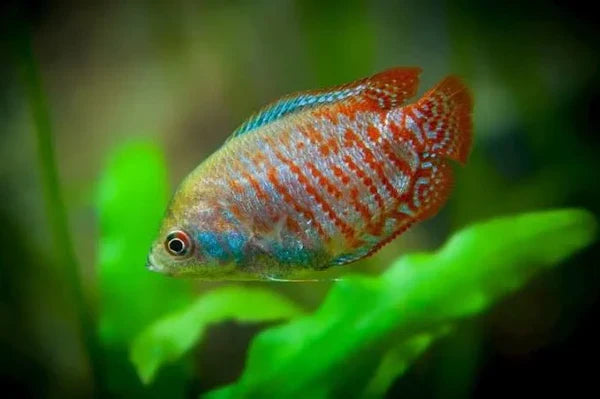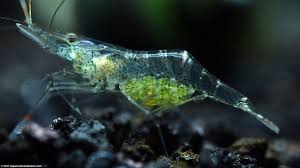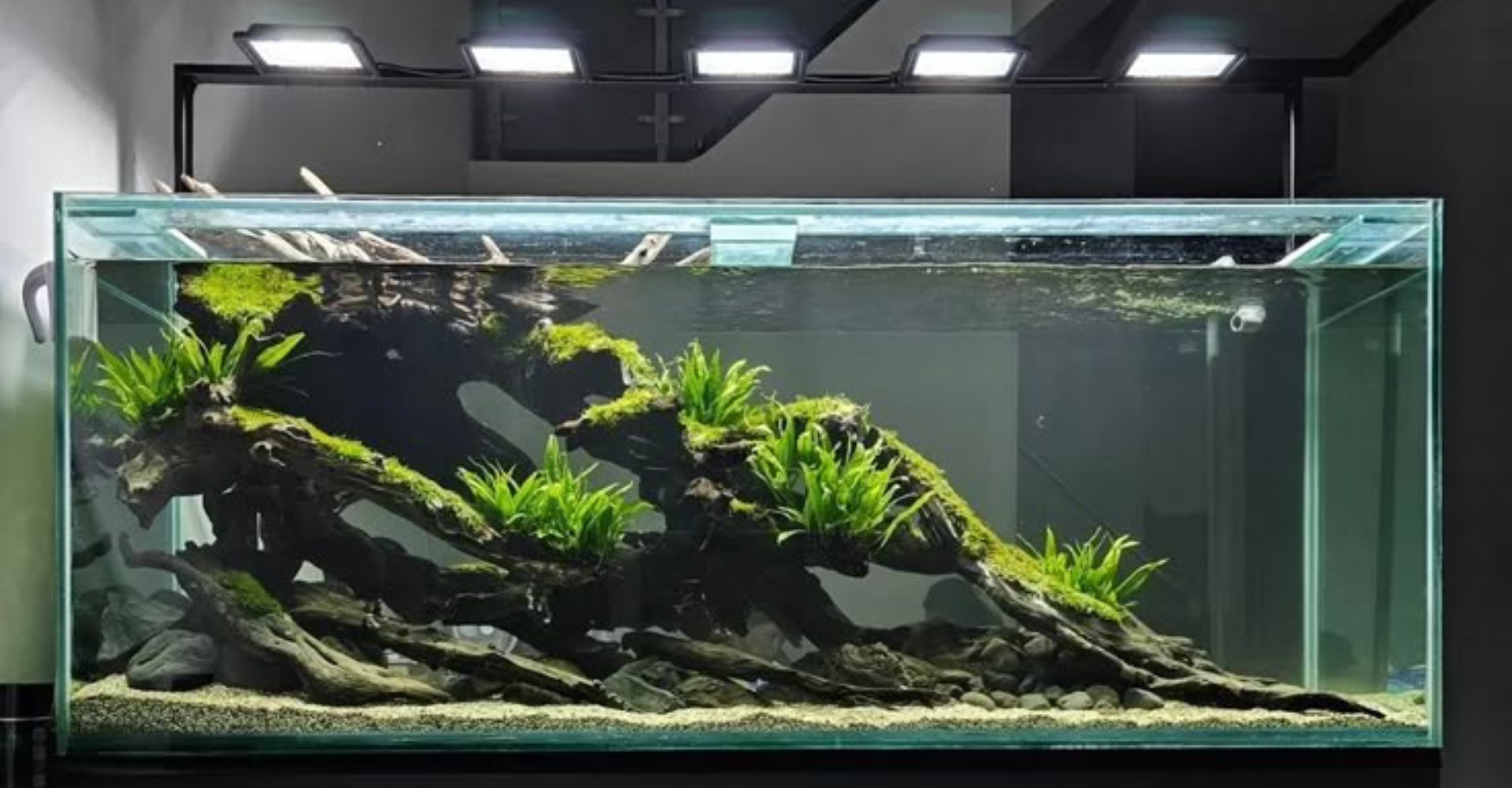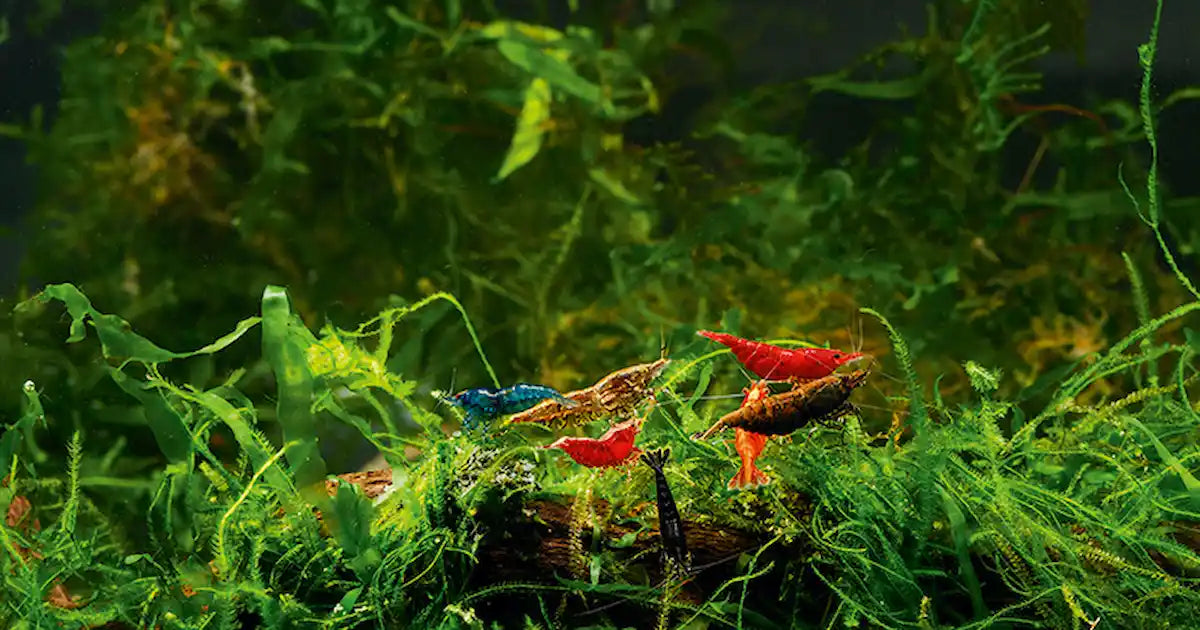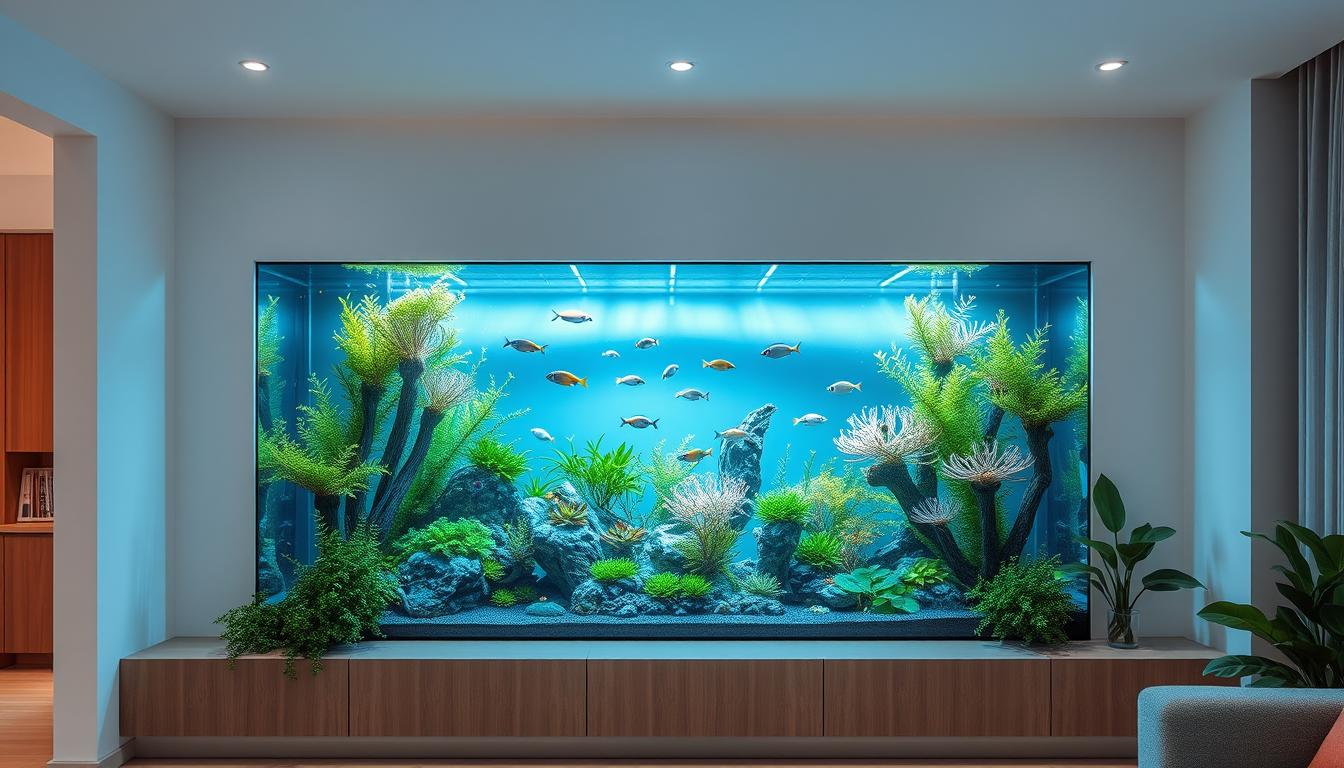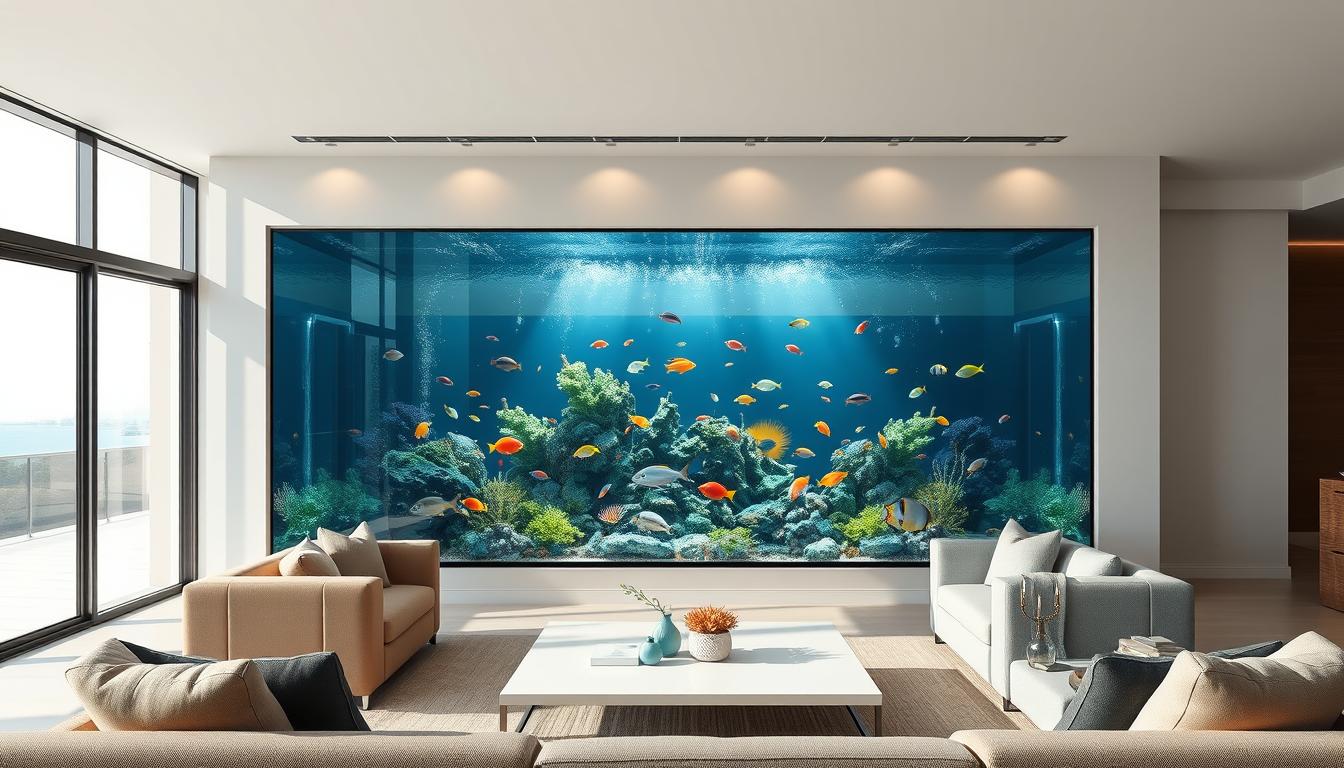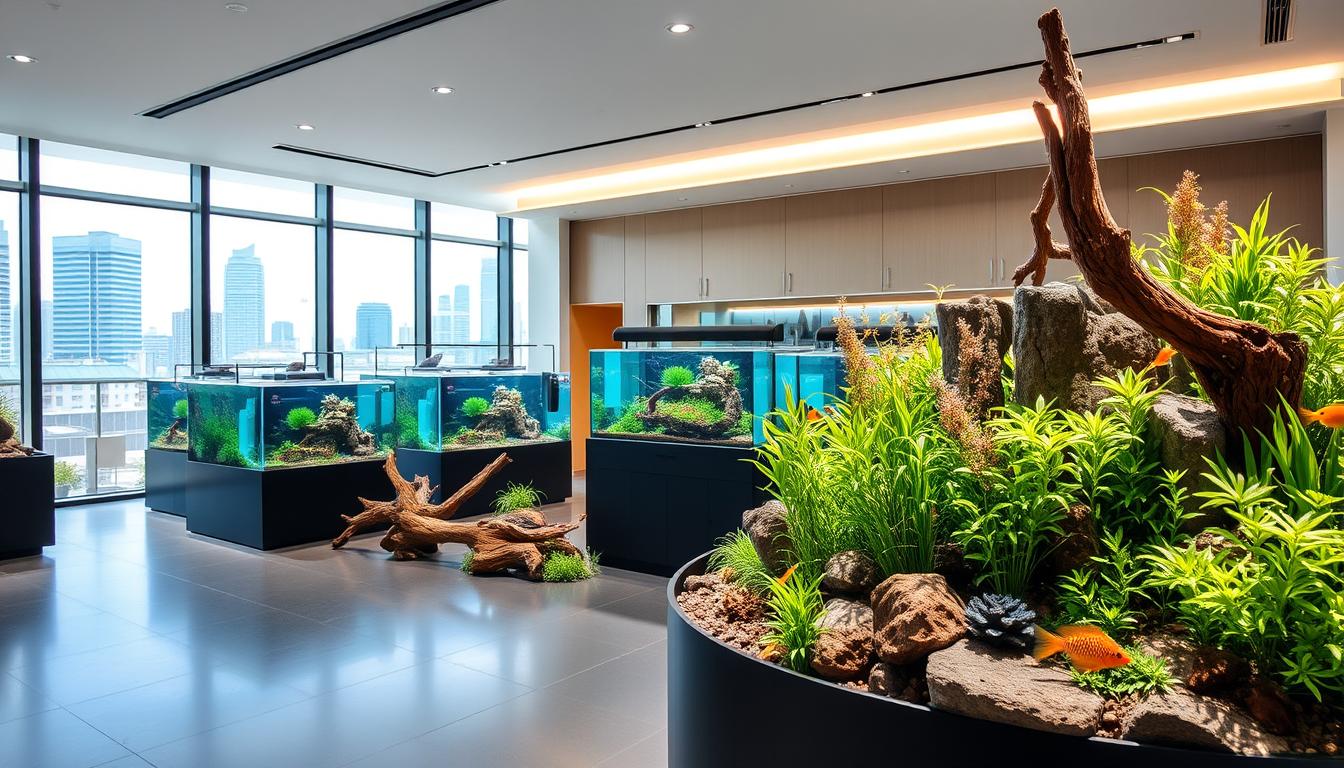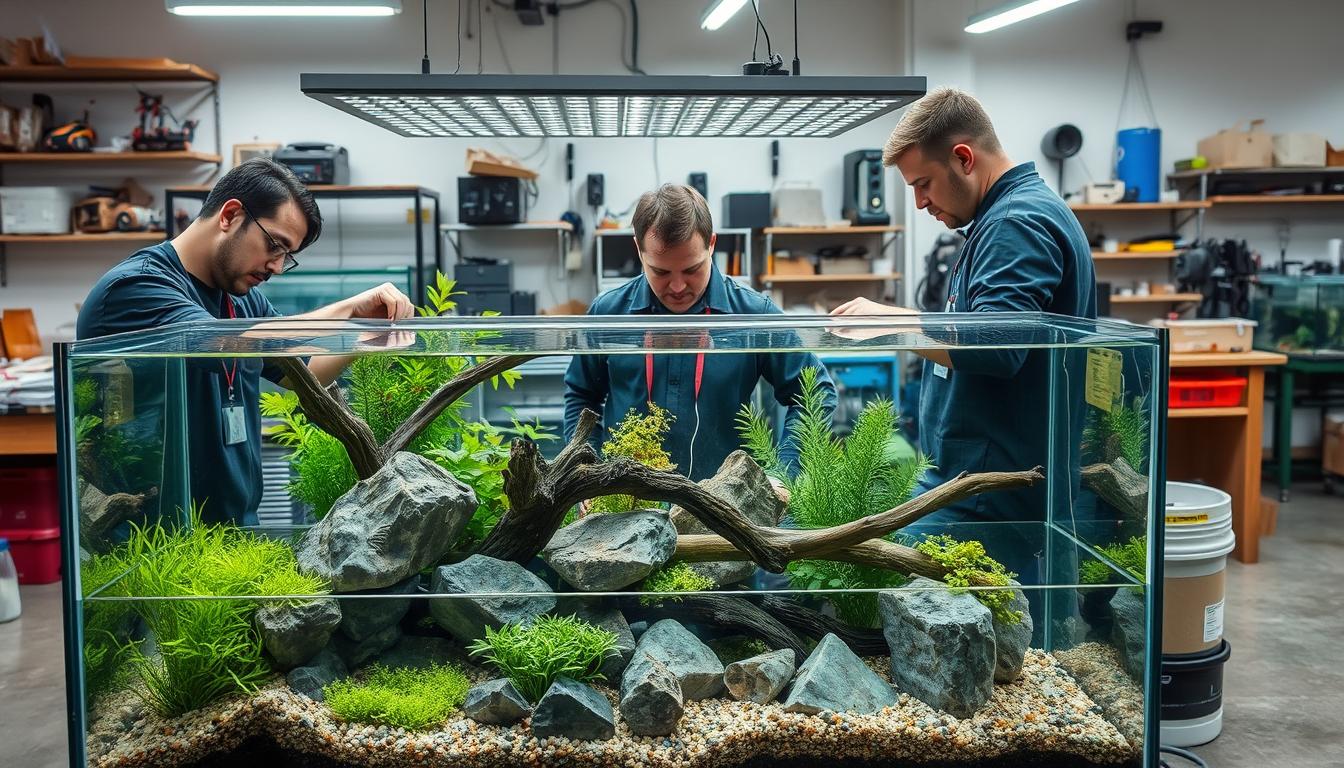Guppies are viral freshwater fish in the aquarium scene. Low maintenance and beginner friendly. This article will give you much new information, even if you are a seasoned fisherman. Let's go!!!
This guide will show you everything you need to know about guppies care. Although they are not difficult to keep, you still need to understand their basic requirements if you want them to live a long and happy life!
Species Summary
Guppies (Poecilia Reticulata) are one of the most attractive species in the aquarium community. Renowned for their stunning colouration and fast reproduction rate, guppies are domesticated freshwater fish. Many seasoned aquarists liken them to Goldfish, as they are familiar and easy to keep healthy.
This is perfect for beginners. They are healthy, unpretentious and can get along well with others in a community tank.
Guppies were first discovered in the 1860s in South America. However, they are most common in Brazil and Guyana. Some wild populations are also found in Barbados.
Guppies are often used to feed on the larvae of mosquitoes. The tendency to consume mosquito larvae makes them a reliable and cost-effective option for reducing mosquito populations without chemical pesticides.
Most guppies sold today are used as pets. These fish have a lot to offer, both new and experienced aquarists.
Appearance
The most exciting point of the guppies is their appearance. These fish have gorgeous colourful tail fins! Guppies have large fan-shaped fins compared to the rest of their body. You can see other fins with similar colours and patterns, but the caudal fin concentrates the most detail.
Contrary to popular belief, not all guppies are the same. When most people think of these fish, they imagine the typical male appearance.
Both males and females can have the characteristic fins of guppies, but females tend to be significantly larger overall. They are fatter and can be twice as large as the males. For this reason, the rear end is not as eye-catching. These fish can come in a variety of colours and patterns. According to reports, there are more than 300 different varieties.
Guppies swim in a large tank.
Guppies are a favourite of freshwater aquarists. Their rapid reproduction rate makes creating new variations of this colourful fish relatively easy.
The most famous varieties are Cobra, tuxed, snakeskin, and lace guppies. These come in distinct black patterns against bursts of vibrant colour.
Longevity
The life span of a typical guppies is two to five years. Like any other fish, their lifespan is due mainly to the level of care you provide. Guppies living in well-maintained tanks are well-suited to live longer, healthier lives.
On the other hand, people who are in substandard conditions tend to be more prone to stress and illness. Fortunately, guppies care is something everyone can handle.
Middle size
Guppies are not significant, so the flowing fins are so impressive. The average guppies are about two inches long for an adult. Females can grow up to two and a half inches long. Meanwhile, males may still need to reach the two-inch mark!
Their small size is perfect for those with smaller tanks. However, they can feel comfortable in a giant aquarium if you keep a more extensive group together.

Guppies care
There is a reason why you see so many aquarists recommending guppies to newbies. Despite their small size, these fish are surprisingly healthy!
Proper guppies care is something anyone can manage. Resilient and highly adaptable, they are an excellent choice for anyone learning about fish farming for the first time. But as always, this species has some guidelines and priority requirements to thrive. This is essential information that you must take notice of.
Tank size
Thanks to their small size, you don't need a large tank to keep guppies. A trio can live comfortably in an environment of only five gallons! A five-gallon tank will cover the bottom of the fish.
A larger tank provides more space for comfortable living. Guppies are very active and love to swim around in their environment. Larger aquariums respond to that behaviour slightly better than smaller aquariums. But for better results, we recommend using a 10-gallon or larger tank.
Not only that, these fish are also fast breeders. While you can start with a small group, the population will likely grow right before your eyes.
Water parameters
The best thing you can do for any fish is to recreate their natural environment as much as possible. Fortunately, it's not too difficult to care for guppies.
Guppies come from the warm waters of South America. They can adapt well to a relatively wide temperature range. However, they work best in warmer conditions.
Interestingly, the life cycle of guppies can fluctuate depending on water conditions. In cooler weather, they mature at a slower rate and reproduce less. Meanwhile, they reach adulthood faster in warmer conditions.
Guppies usually live in streams and ponds with moderate water flow. As a result, their natural habitat is often teeming with life. To regenerate living ecosystems, providing water at a more complex level and balancing the overall neutral pH is best.
The beauty of guppy care is that you don't have to be precise. You should monitor water conditions regularly (with a good test kit) to avoid significant fluctuations. Still, as long as you stay within the following acceptable ranges, your fish should be delicate.
Water temperature: 64°F to 84°F (mid 70s is ideal)
pH: 7.5 to 8.0
Water hardness: 8 to 12 dGH
Unlike other tropical fish, guppies are not picky about the decorations in their tanks. Wild is always best, but these fish won't mind, either.
Start with a standard sand base. Sand is the preferred choice for guppies, as it is good enough not to cause problems if swallowed accidentally. However, you can always use gravel or large stones if you prefer.
Another reason you should use sand is its effect on living plants. Guppies like to have a lush environment with lots of vegetation. In the wild, guppies are natural targets against larger fish and predators.
To avoid capture, they tend to hide in leaves and grass. Recreating the lush landscape underwater will make these fish feel more comfortable.
Please use a variety of plant varieties. Guppies love Java moss, Java ferns, and more. You can also use rayon, but make sure they're soft enough that they won't hurt your fish when swimming against them.
Create a natural landscape with a combination of trees in the background, mid-ground and foreground. Try to keep the centre of the tank relatively open, as fish like to have an open swimming space to exercise and play.
After planting some plants, you can add artificial stones, driftwood and plastic decorations. Whatever you add, make sure to check everything closely. Avoid any item with sharp or jagged edges that could tear your fish's fins.
As for the light, let everything be natural! Guppies do not have strict lighting requirements. However, they need a standard day/night cycle. Place a normal aquarium light on a timer or place the tank near a window for natural light.
If you live in a colder area, invest in a submersible fireplace. The heater can keep the temperature range steady, avoiding any shocking fluctuations that could harm your fish!
Common diseases
Guppies are resilient little creatures that can tolerate various conditions, so care is simple. This freshwater species is at risk for all sorts of common health problems. Like captive tropical fish, they can suffer from bacterial, fungal, and parasitic infections. The closed environment of the aquarium is more likely to spread disease.
The difficult living conditions put undue stress on the fish, challenge the immune system and increase the likelihood of disease. One of the most common stress-related illnesses is Ich's disease. Ich is a parasitic infection that manifests as small white dots all over the body. While it may initially seem benign, Ich disease can quickly kill a fish if you don't provide medicine.
To make matters worse, Ich is highly contagious. It spreads in a recirculating environment, endangering all of your fish. If you notice those spots appear, you must isolate the infected fish and initiate treatment as soon as possible.
Guppies are also susceptible to fin rot, which can be caused by fungi or bacteria. Those precious flowing fins can decompose before they come off ultimately. This condition not only affects the beauty of the guppies but can also affect the way they swim.
To prevent diseases in guppies, you should monitor the tank's condition regularly. Perform partial water changes every few weeks to avoid ammonia spikes and prevent essential chemical changes that can harm your fish.
Food & Diet.
When it comes to food, guppy care is a piece of cake! These freshwater fish are naturally omnivores that will eat anything they can put in their mouths!
In the wild, guppies will forage for plant debris and small pieces of food in the water. However, a special feast for these fish is mosquito larvae and other small insects.
It is best to provide a balanced diet with a little variety in captivity. The primary food source should be high-quality flakes or pellets. Commercial feeds are well-rounded and formulated to meet the dietary needs of tropical fish.
Aquarists' biggest problem when feeding guppies is providing too much food. Occasionally, offer protein-rich snacks such as bloodworms, brine shrimp, and mosquito larvae. You can give these frozen, freeze-dried or raw foods.
Guppies are very intelligent. They will learn the habit and show some signs of excitement whenever they get close to the tank. This makes you more excited and allows you to develop a strong bond.
Behavior & Temperament
Guppies are very gentle and easygoing. Thanks to their fast-swimming nature, they tend to be drawn towards the fins of slow-moving creatures. The only minor signs of aggression you may notice are biting behaviour.
For the most part, guppies won't be a problem. They are excellent community fish and will quickly get along with like-minded species. Luckily, it's a problem that you can quickly fix by planning.
Essentially social animals, they love to stick together and explore the tank in groups. However, they are not severe species. So don't be surprised if you see lone wolves resting among some plants!
Tank mates
Guppies' best friends are other guppies! We recommend keeping guppies in a group of no less than three. If possible, save more! Guppies tend to exhibit more extroverted behaviours when they have a group to rely on.
When planning your tank, you must keep more females than males. Keep two females for each male you have. If you do this, the arrangement can stay manageable.
Males want nothing more than to reproduce! Having too many males will lead to group fights. In addition, it will be more difficult for females to stay away from males focused on spawning.
In addition to other guppies, you can keep them in a communal tank. The trick is to keep them with like-minded and peaceful species. Avoid any fish or inverse that are prone to aggression.
Choose peace-loving fish that are similar in size to the guppies. Guppies are easy targets and will quickly become food for any fish that overpowers them. Here are a few guppies worth checking out: Neon Tetra, Cory Catfish, Pleco Fluffy, Ghost Shrimp,...

Conclusion
Guppies care is quite simple once you know your initial information. These fish should be delicate if you take care of their essential needs! Owning these colourful freshwater fish is a pleasure and not much of a hassle for you.
If you have any guppies care questions we haven't addressed in this guide, don't hesitate! Send us a message, and we'll help you as soon as possible.







